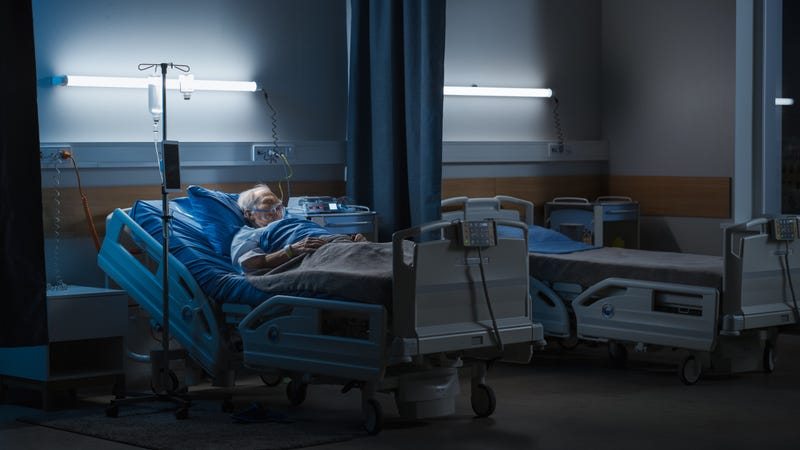
State lawmakers and medical experts are holding a roundtable discussion Wednesday on a bill that would allow adults with a terminal illness to end their own lives.
State Senator Kelly Morrison (DFL- Deephaven), who is also a doctor, says several states already allow the practice. The proposal would let a suffering patient with a diagnosis of six months or less to live administer a pill that would allow them to pass peacefully.
Morrison says opponents who equate this to euthanasia or assisted suicide are simply wrong.
"You know, this is a well-established policy, it's been in effect for 25 years, started in Oregon and now it's been legalized in nine other states," explains Morrison. "It's a really important option for people who are facing terminal illness."
Besides Oregon, the other states that allow medical aid in dying are Washington, Montana, Vermont, California, Colorado, Hawaii, New Jersey, Maine and New Mexico. It is also legal in Washington D.C. New Mexico was the latest state to pass the law in 2021. Most states passed it via legislation but in Montana it was done through the courts while Oregon, Washington and Colorado passed it by a ballot measure.
Morrison says more than 70% of state residents surveyed support having an end of life option for themselves.
The End of Life Options Act was introduced last legislative session, and Morrison says they're ramping up their push to get it passed during the next session that starts in February.
Mostly known for anti-abortion stances, Minnesota Citizens Concerned for Life is against the bill releasing a statement when it first came up last February.
“This legislation has gone nowhere in past years, and for good reasons. Assisted suicide is a danger to all of us,” said MCCL Co-Executive Director Cathy Blaeser. “The truth is that legalizing assisted suicide would pose real risks to Minnesotans. Lawmakers in St. Paul should stop pushing dangerous, misguided, and extreme proposals and work to protect and care for all Minnesotans instead.”
Morrison says this issue is much like abortion, where it should be up to the individual to make decisions about their health.
"So, I think some of it is a lot of fear-mongoring unfortunatly that is going on," says Morrison. "This is really an issue of bodily autonomy."
